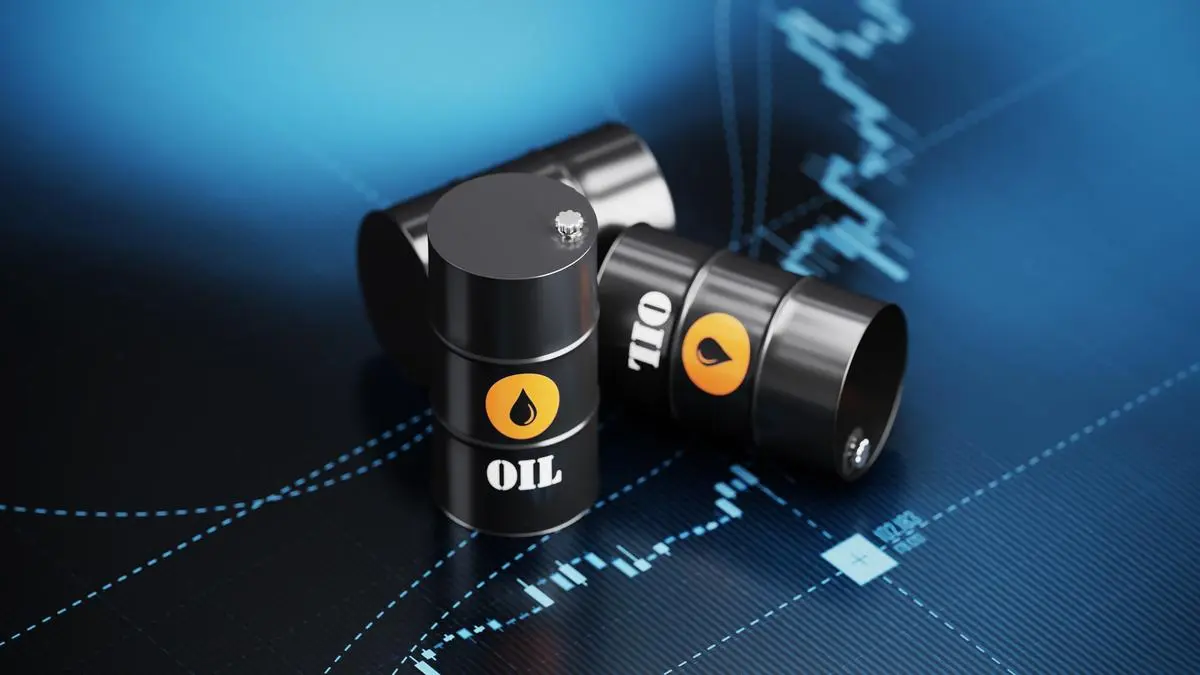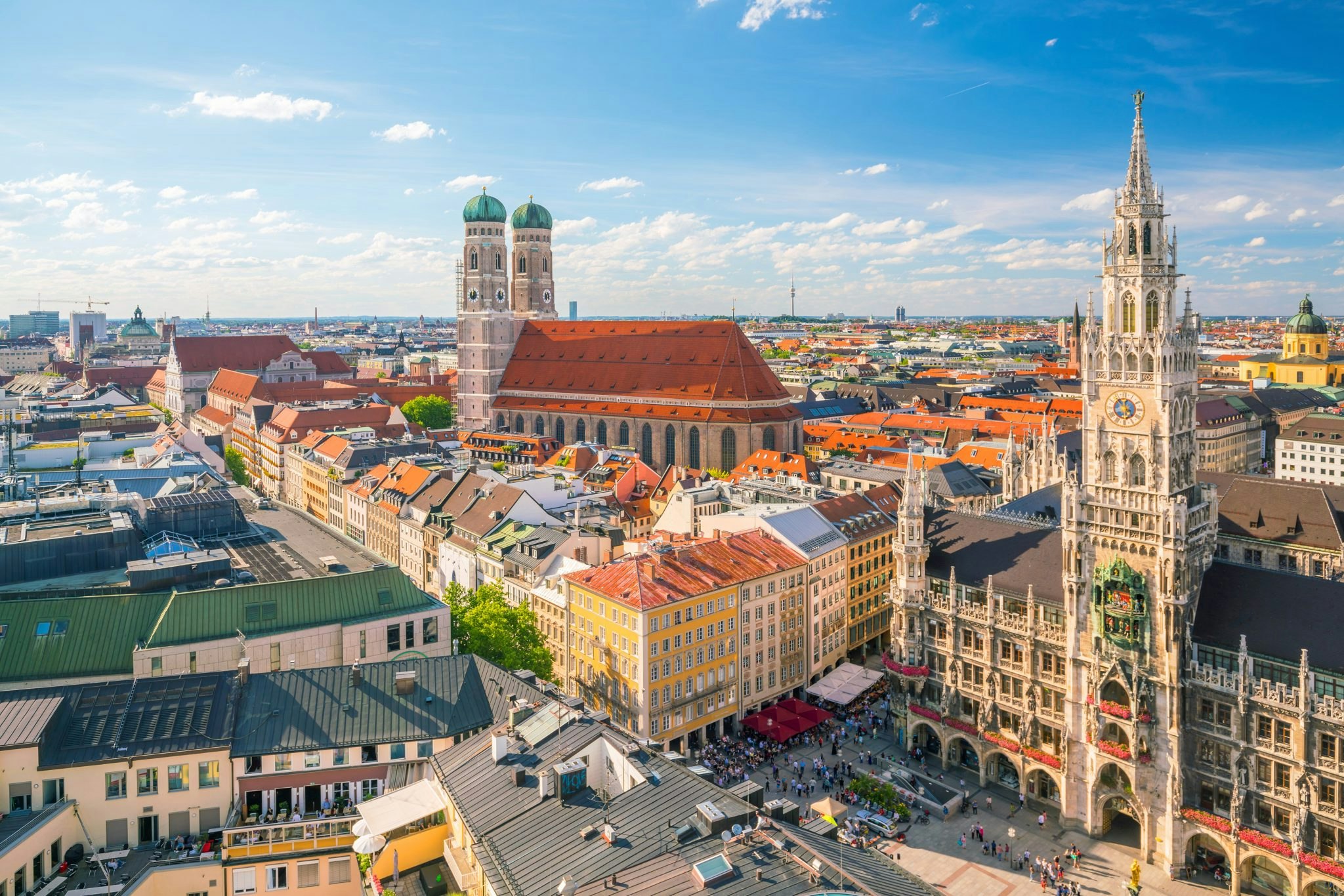Italy’s government has moved to ban the production of lab-grown meat, a landmark move the country’s right-wing government says it has taken to protect Italian culture and its agriculture sector.
The country became the first in Europe to ban the cultivation of artificial meat with a bill signed into law Thursday after winning an overwhelming majority in Italy’s senate.
Factories found to be producing lab-grown meat face fines of up to €150,000 ($162,700) under the new guidelines.
“Cauliflower steaks” are also off the menu, as the country moved to ban the use of meat-related words to market vegetarian products.
“Words like ‘tofu steak’ or ‘veg prosciutto’… reveal an inappropriate phenomenon of using labels traditionally associated with meat to sell products with vegetable protein,” the Financial Times reported the bill as reading.
Italy’s newest culture war
“We are the first nation to ban it, to the chagrin of multinational companies that hoped to make monstrous profits, jeopardizing the jobs and health of citizens,” Francesco Lollobrigida, minister for food sovereignty and agriculture, said in a post on Facebook.
Lab-grown meat allows the production of food from animal cells, removing the environmental and ethical concerns related to livestock.
Italy’s move to ban the products been praised by Italian agricultural groups, keen to protect the country’s €9.3 billion ($10.1 billion) meat-processing industry. Coldiretti, Italy’s biggest farmers association, warned that the allowance of lab-cultured meat would herald the rise of multinational companies at the expense of local Italian producers.
“We are proud to be the first country that, despite being in favor of research, preemptively blocks the sale of lab-produced food, the effects of which are currently unknown on the health of consumer citizens,” Ettore Prandini, president of Coldiretti, said in a Facebook post.
While there is an obvious economic motivation behind Italy protecting its meat industry, it also reflects a bigger culture war being waged by Italian Prime Minister Giorgia Meloni and her right-wing Brothers of Italy party.
Speaking to Politico, Lollobrigida, who is also Meloni’s brother-in-law, framed the move as one that would protect Italy’s heritage of producing salami and prosciutto.
“If you produce a food that has no relationship to man, land, work, you can move production to a place with lower taxes and less environmental standards, hurting jobs and the environment,” Lollobrigida.
Meloni has made a bee-line for Italy’s other cultural institutions—including arts and the media—since becoming PM in October last year. She has been accused of trying to oust left-leaning leaders of museums to install people who support her ideology.
She is also taking a personal role in crafting future cultural output.
Meloni plans to open a Lord of the Rings exhibition to commemorate the 50th anniversary of author J.R.R Tolkein’s death, La Repubblica reported. The story was appropriated by the Italian right in the 1970s as a perceived struggle against financial elites.
The Ministry of Culture spent €250,000 ($271,000) on the exhibition, an official told Politico.
‘The battle now moves to Europe’
Italy’s move to ban fake meat diverges with more liberal guidelines on artificial meat in other countries, including the U.S. In June, the country’s Agriculture Department signed off on the sale of chicken made from animal cells.
Other European countries are slowly embracing the expansion of lab-grown meat, which according to one forecast is estimated to be worth nearly $2 billion by 2035. The Netherlands became the first country in Europe to approve taste testing of cultivated meat in July.
However, Italy’s government has ambitions that its protectionist move might catch on across the continent.
“Italy which is the world leader in food quality and safety, has the duty to lead the way in policies to protect citizens’ health.” Cooldirett’s Pradini told Politico. “The battle now moves to Europe.”
While Italy can stop companies from producing artificial meat domestically, it faces a tougher time regulating its sale in the country. Italy is part of the European Union’s single market and customs union, ensuring the free movement of goods and services across





































